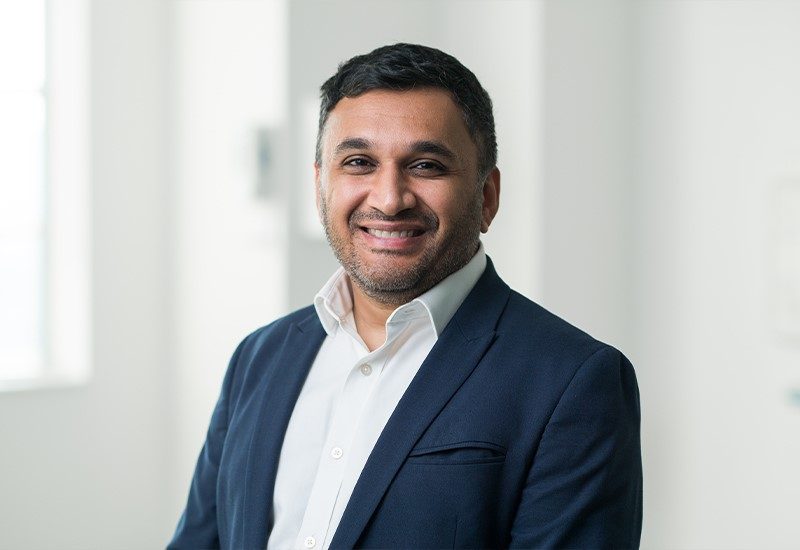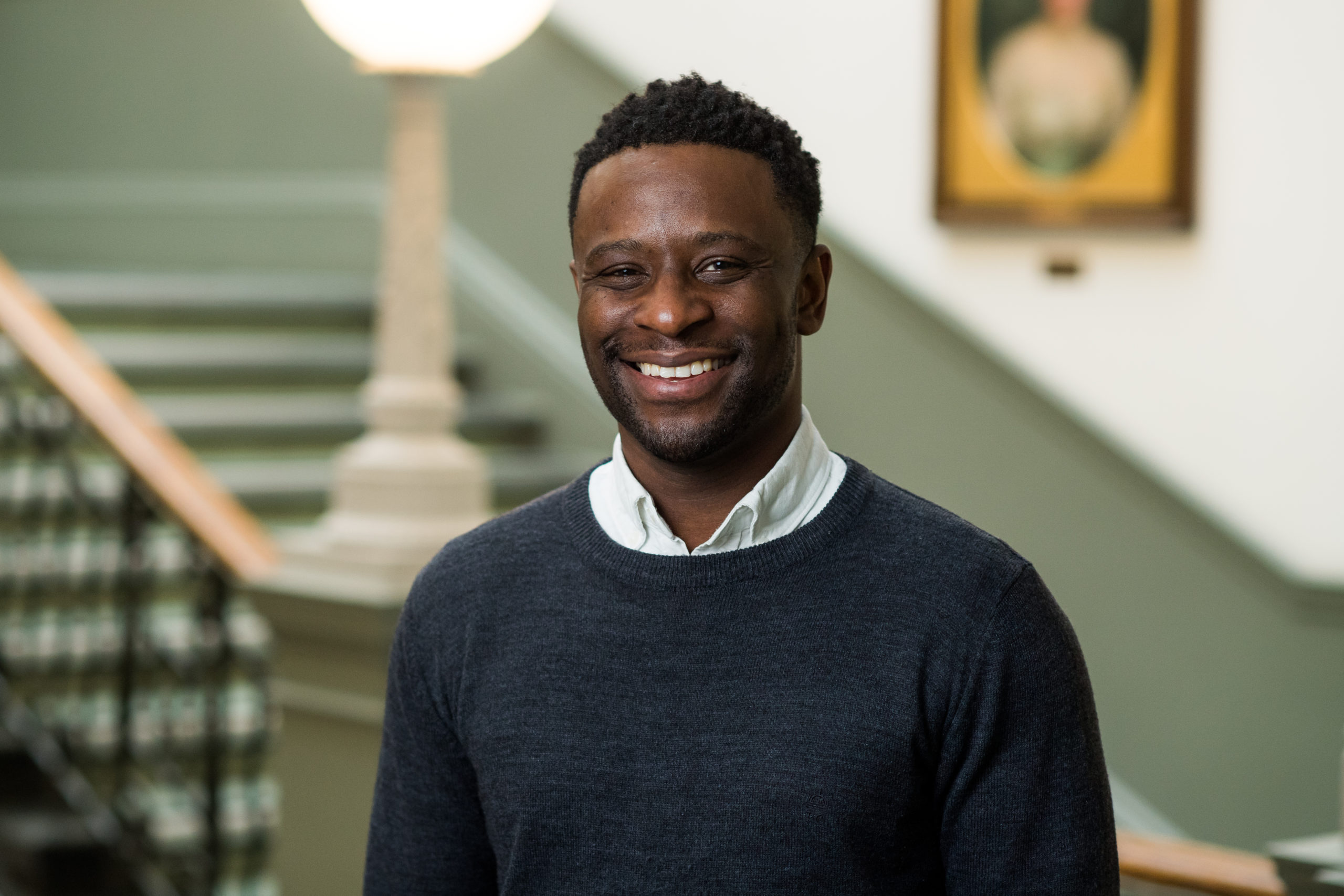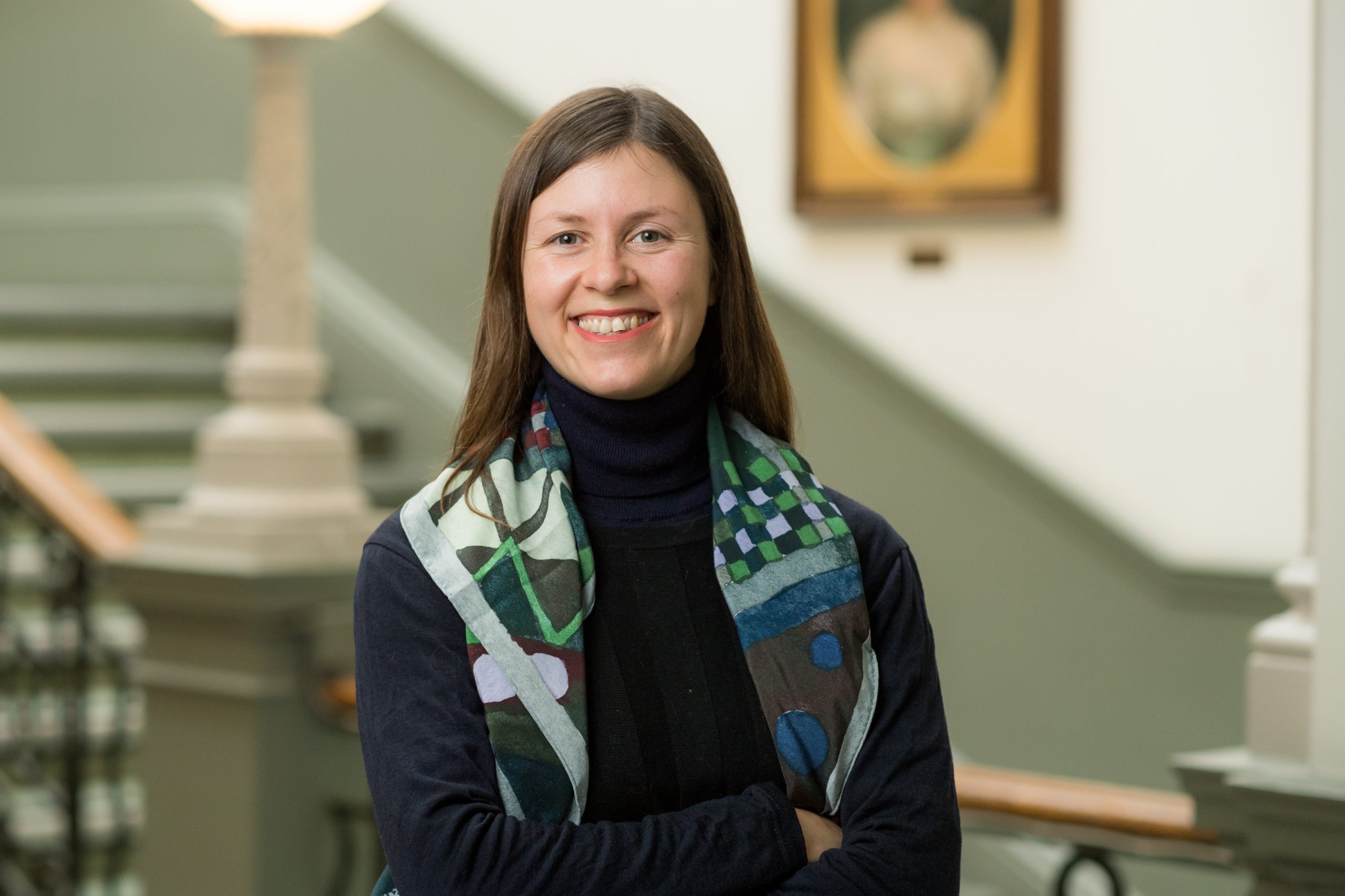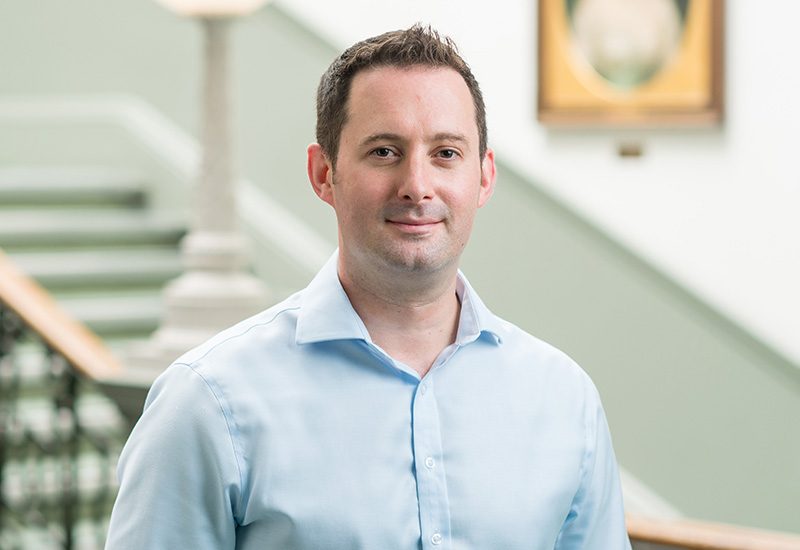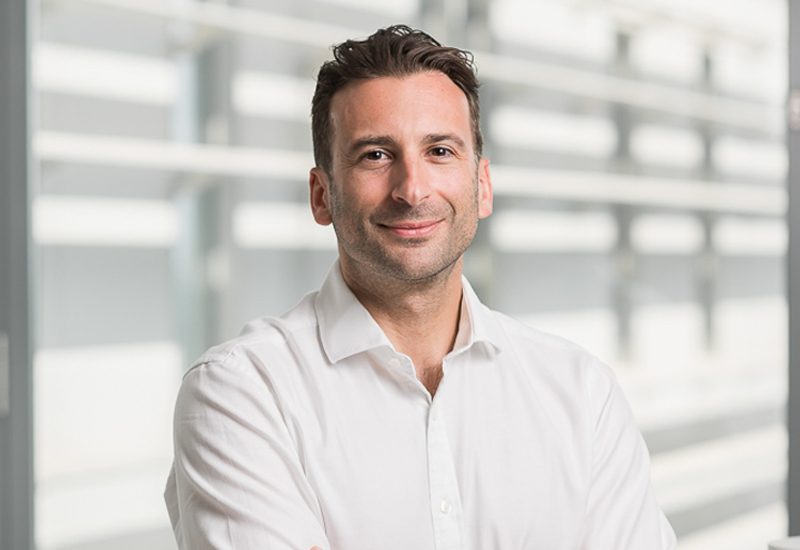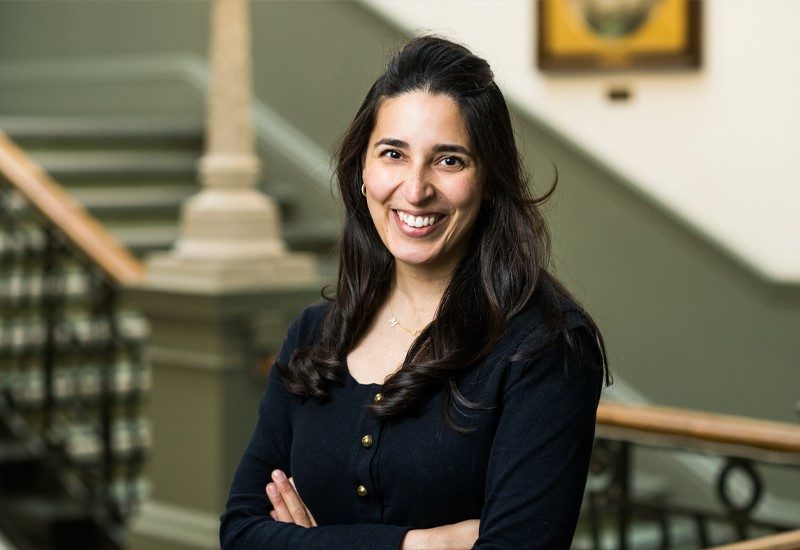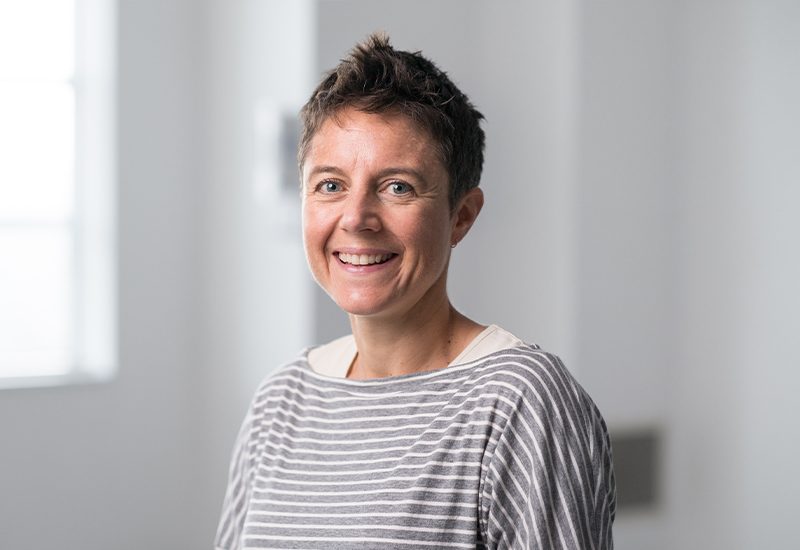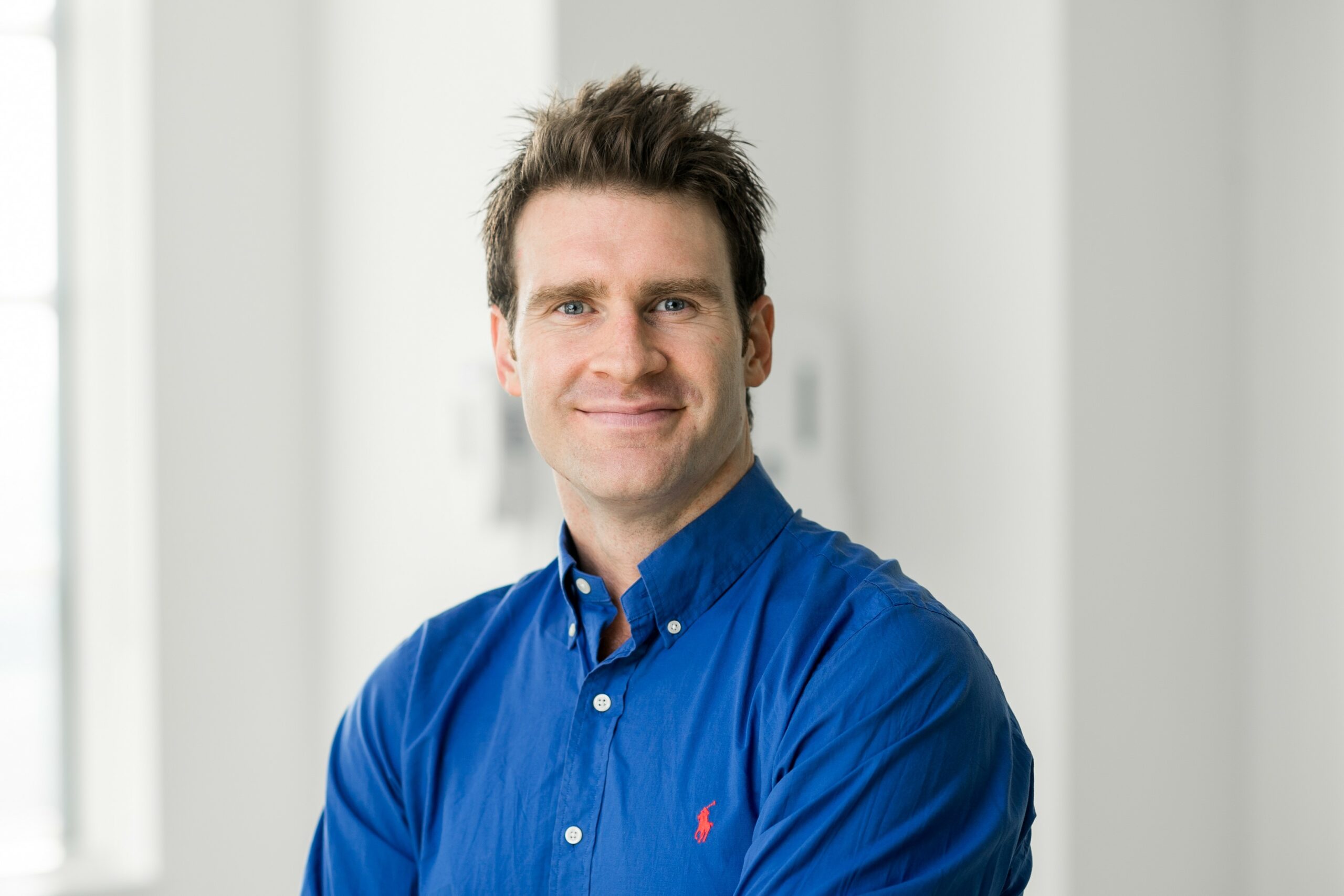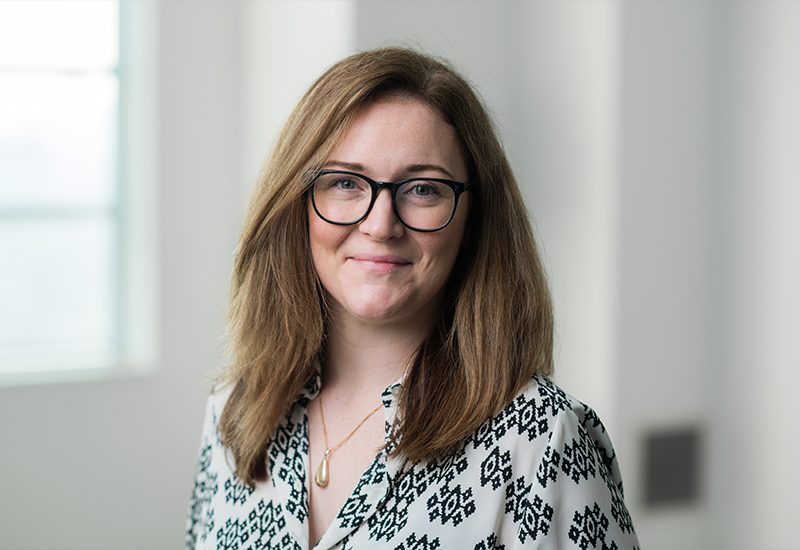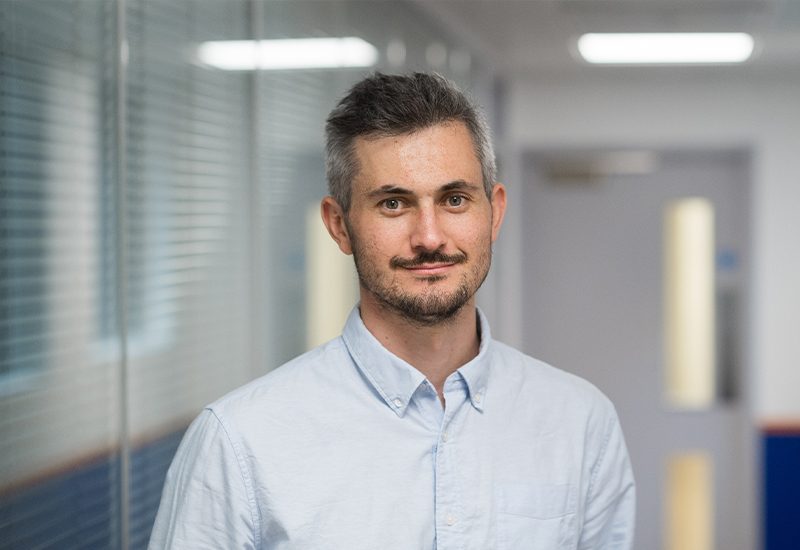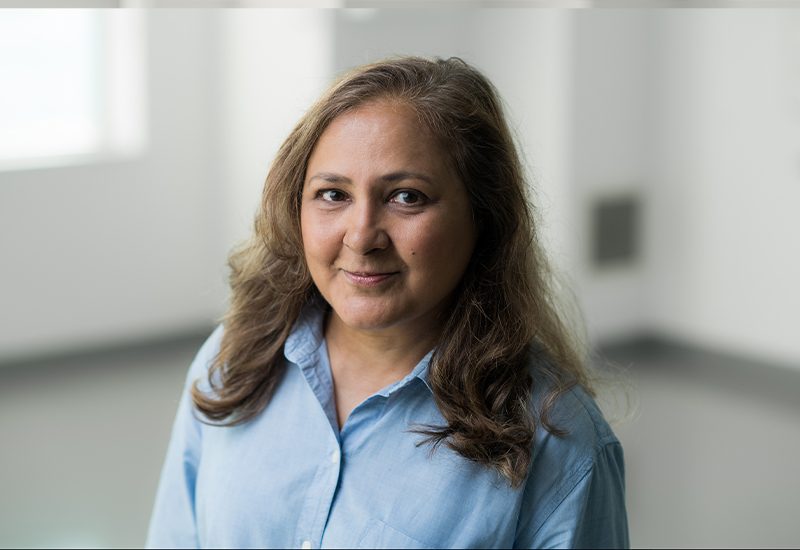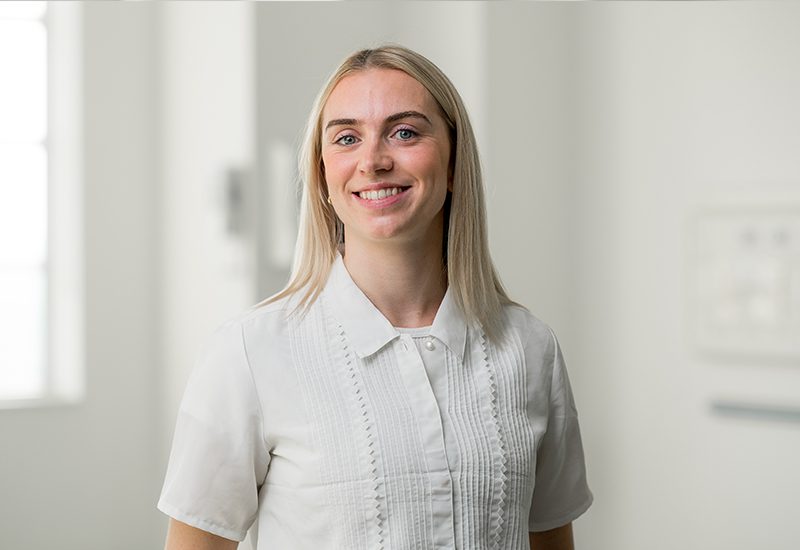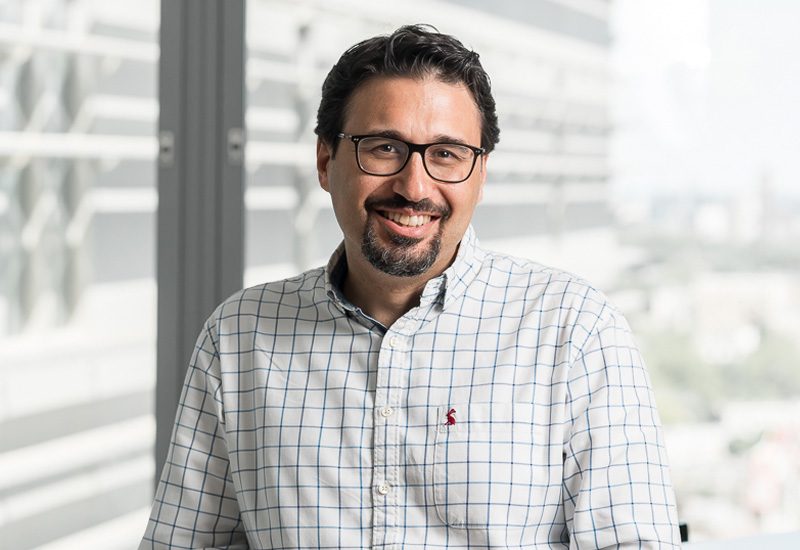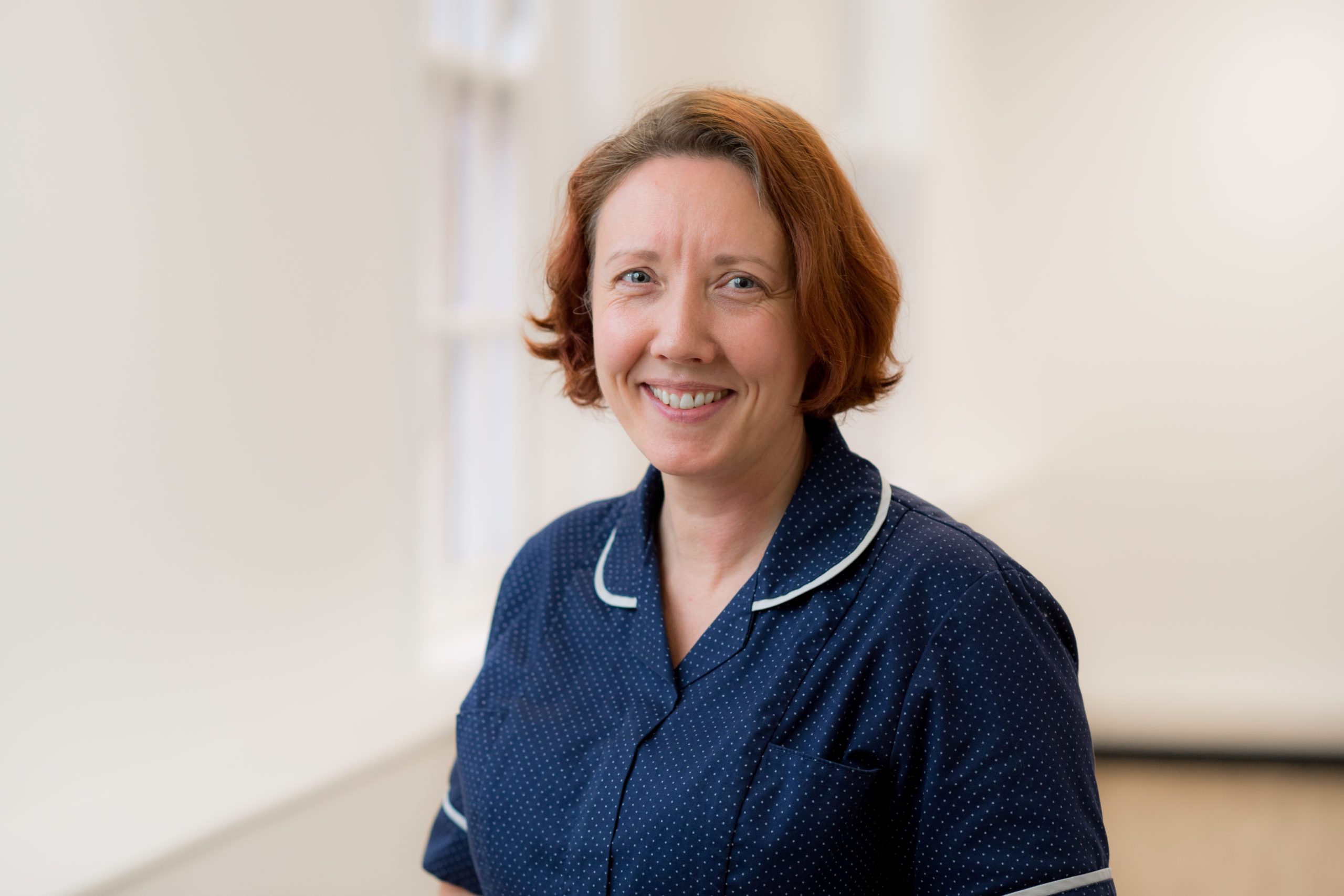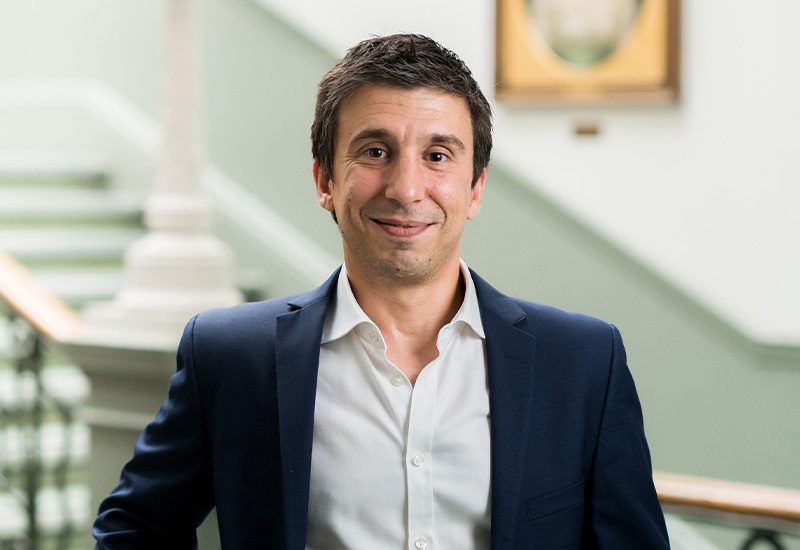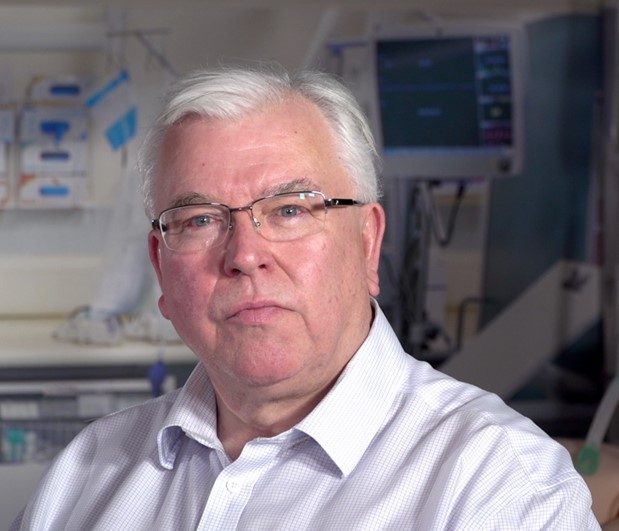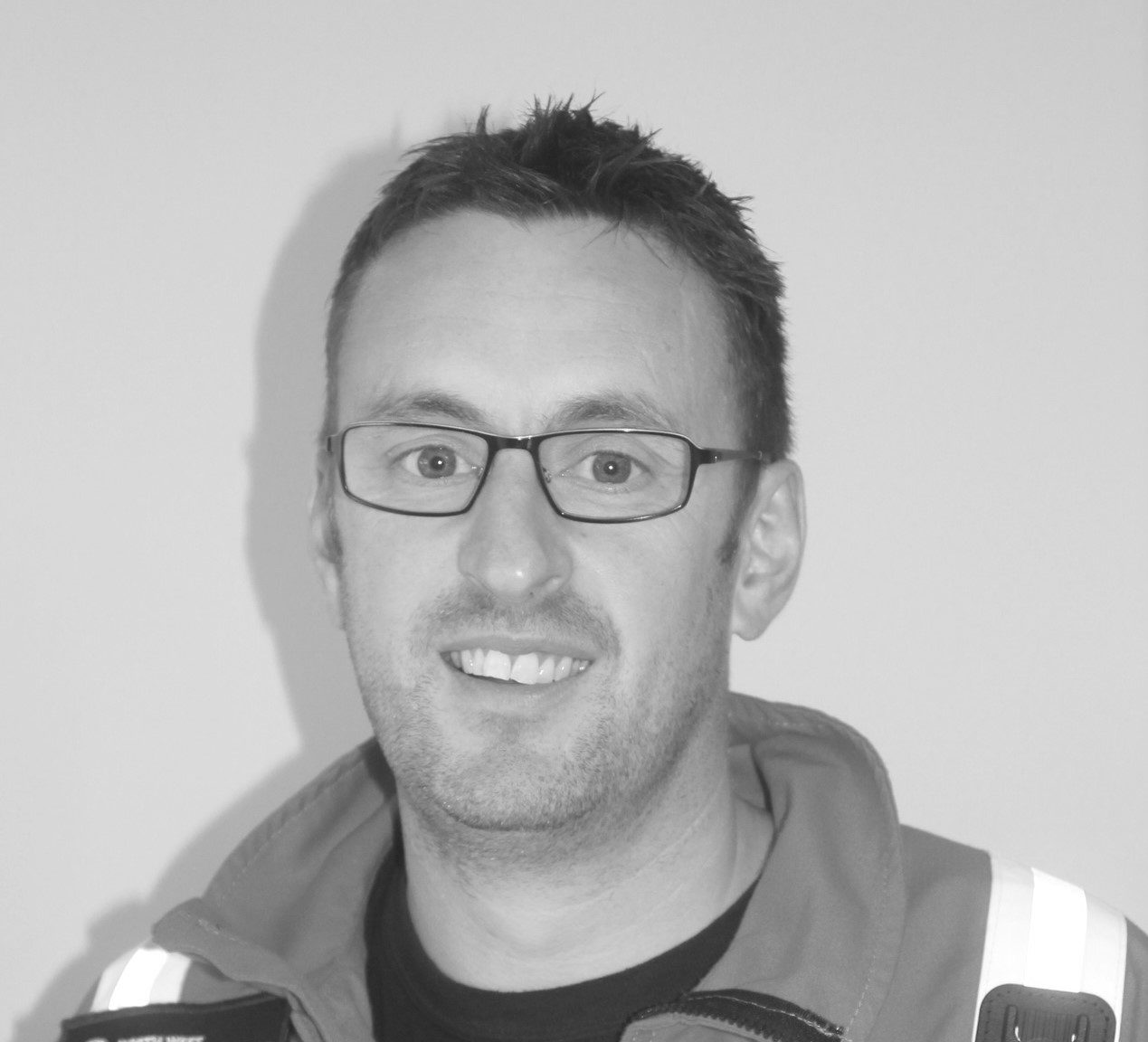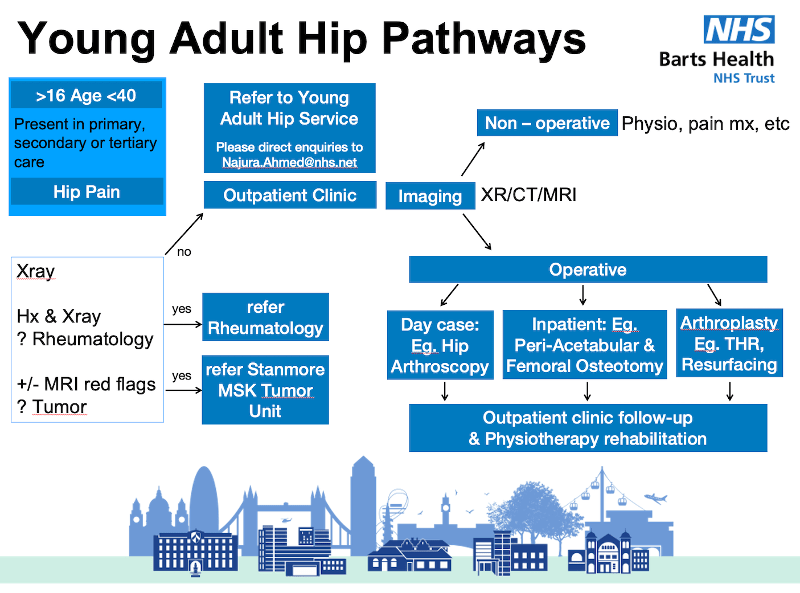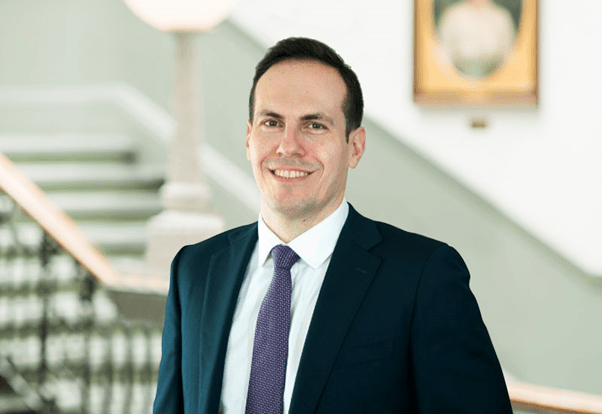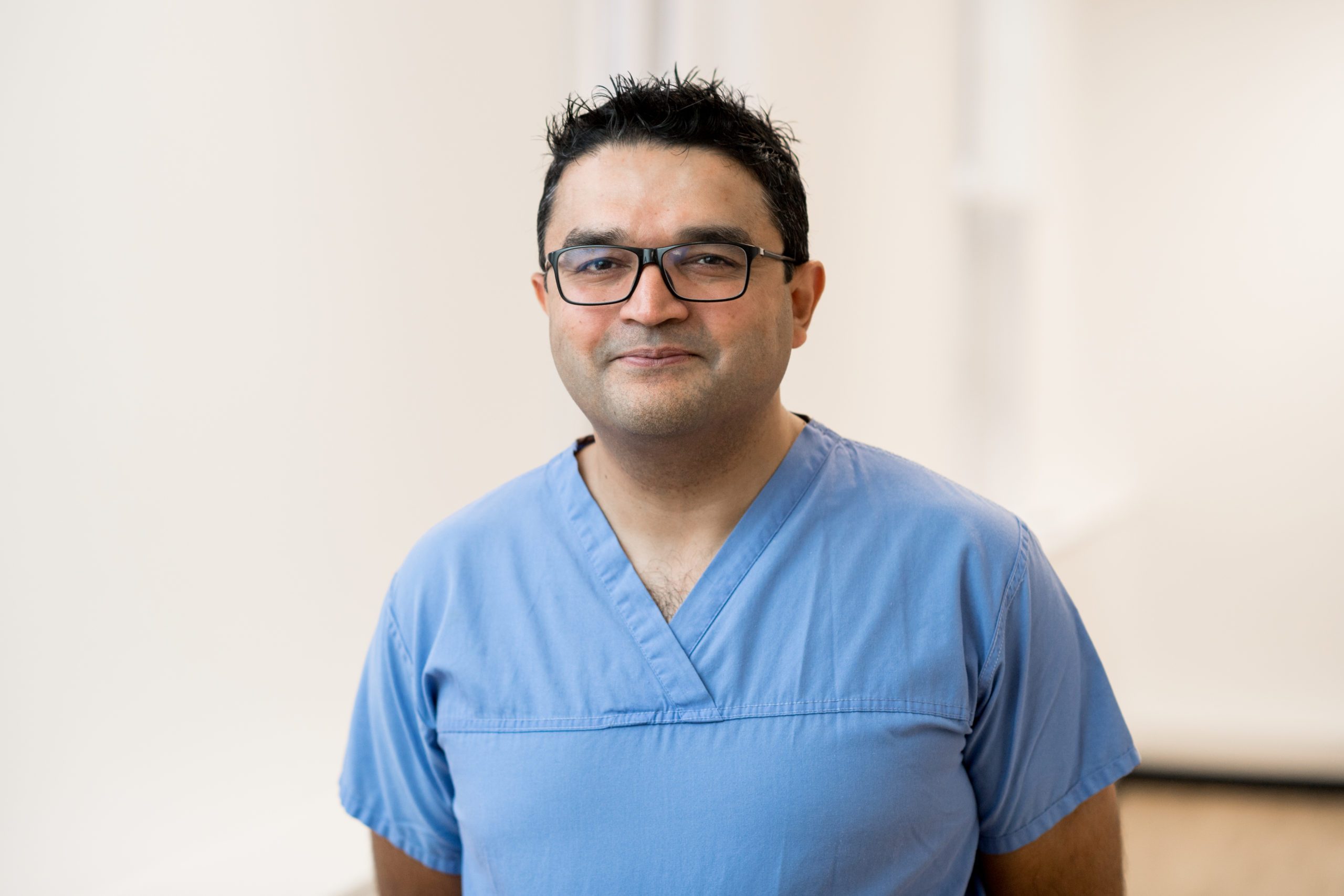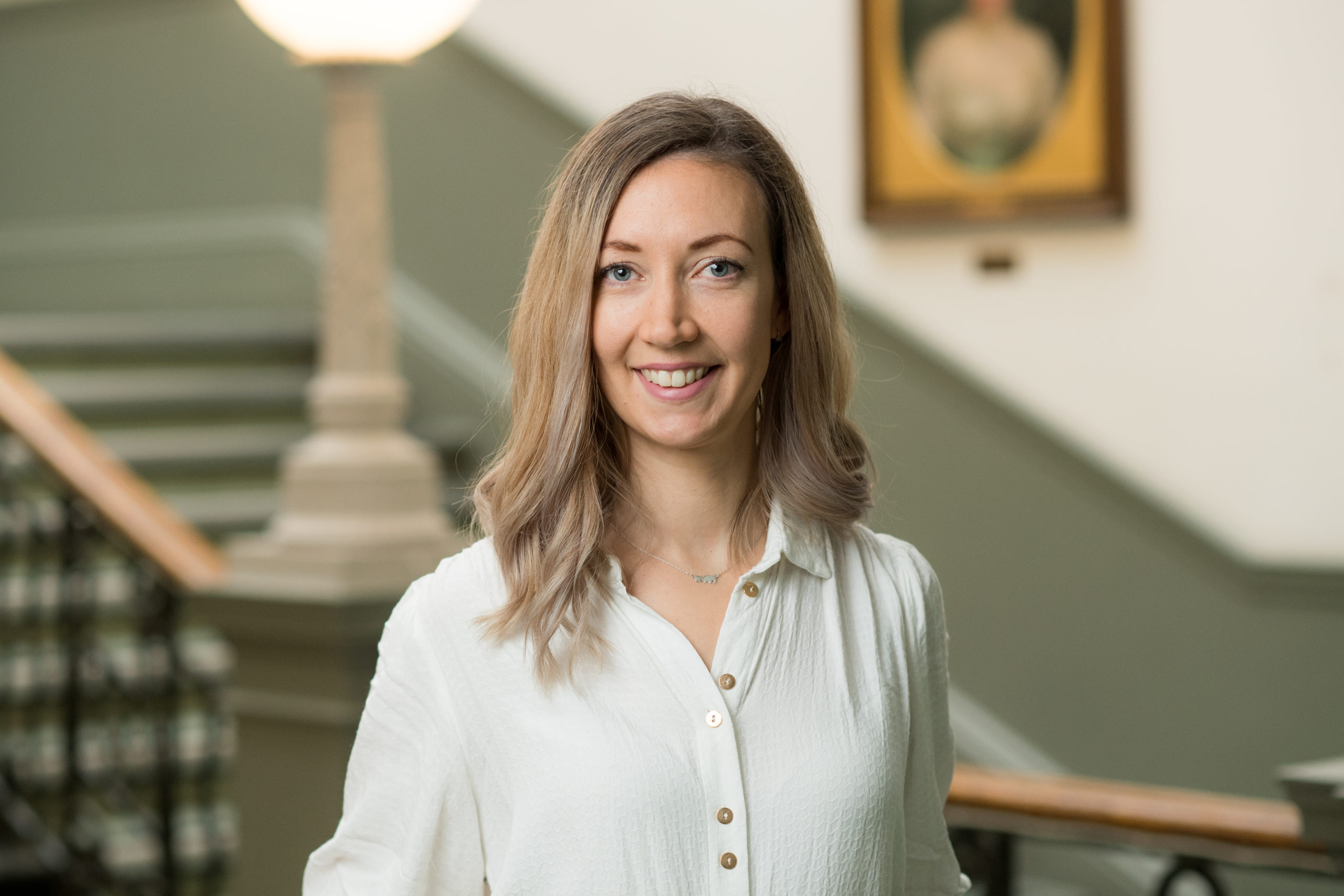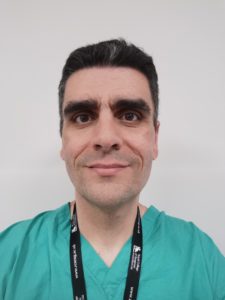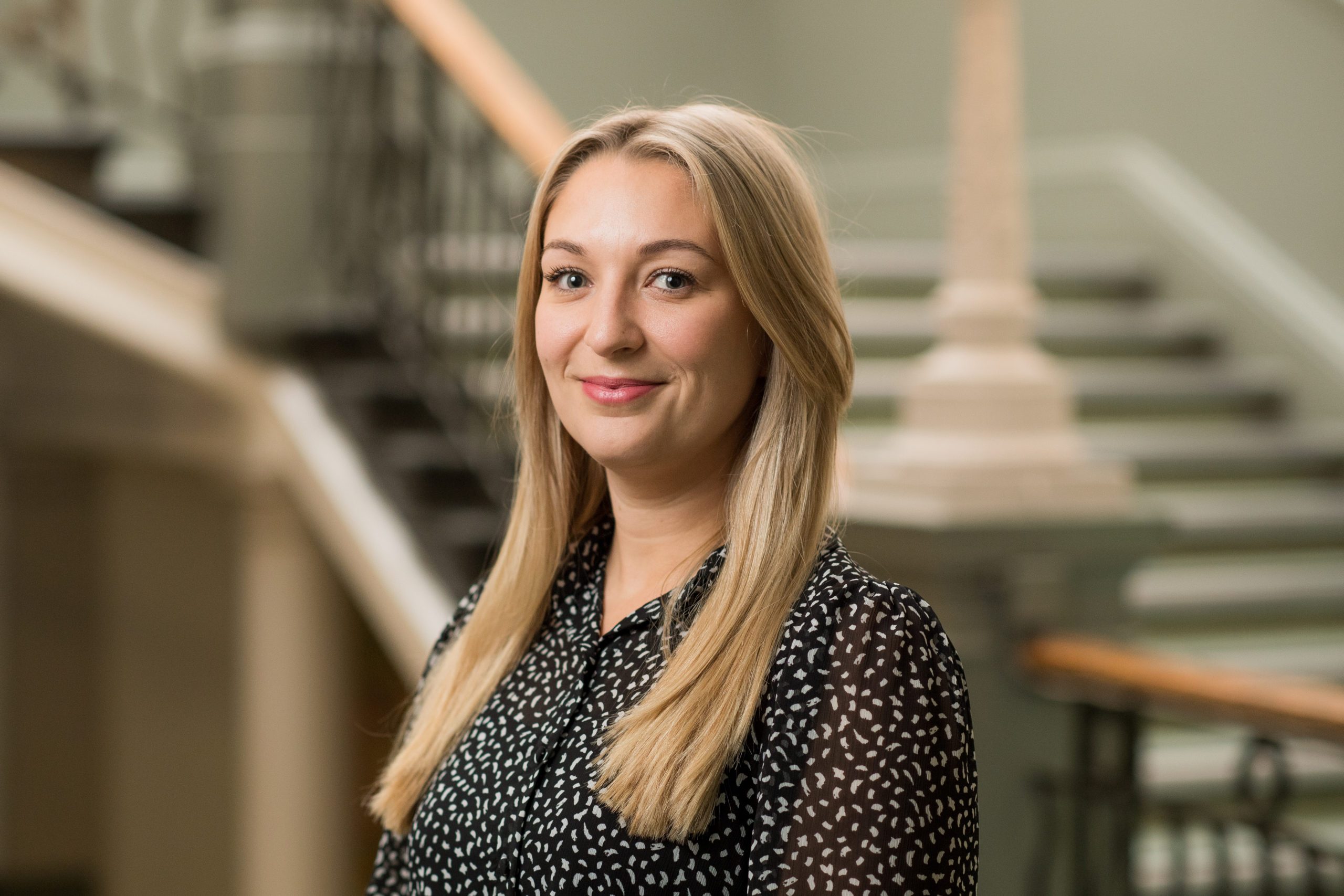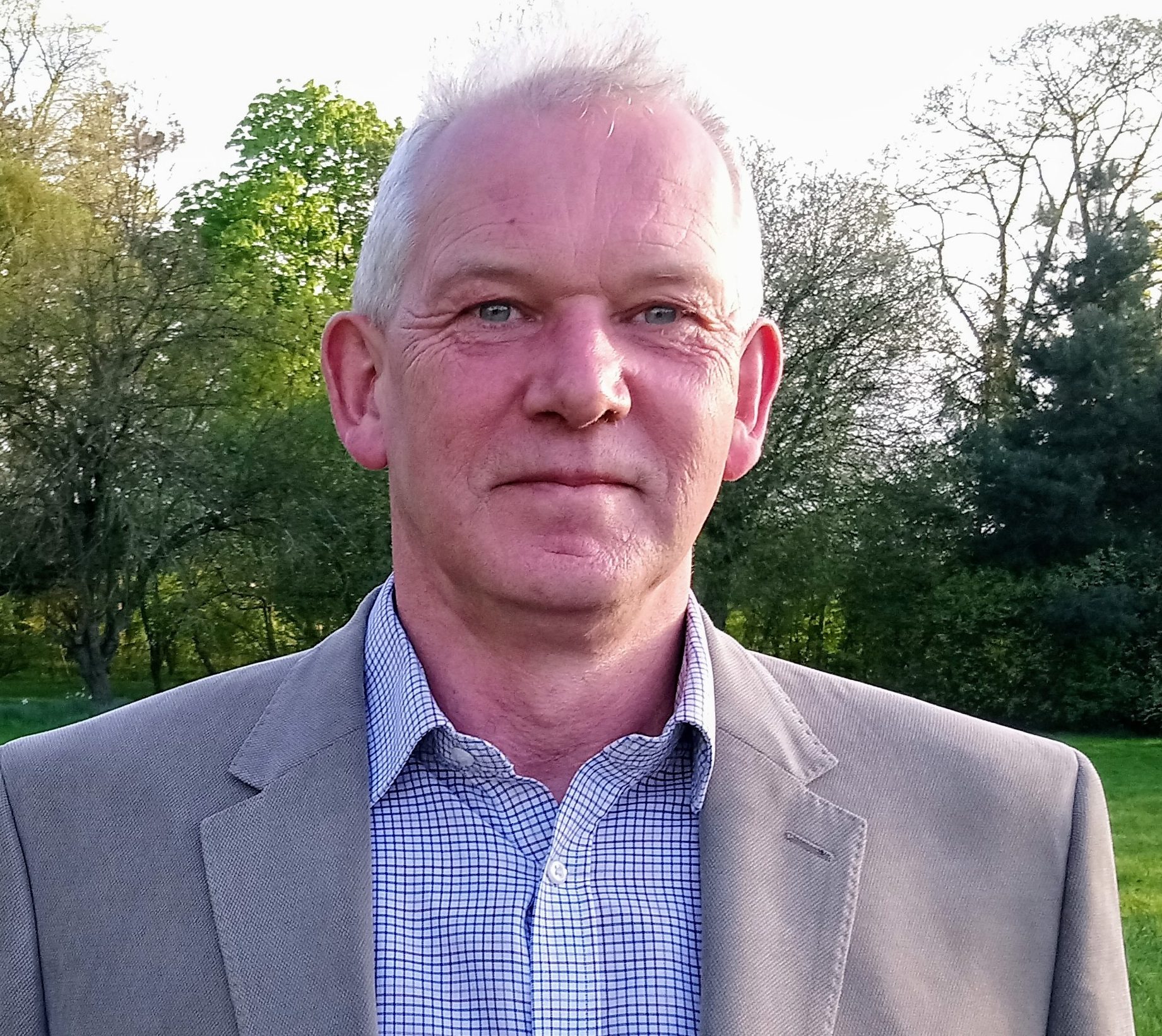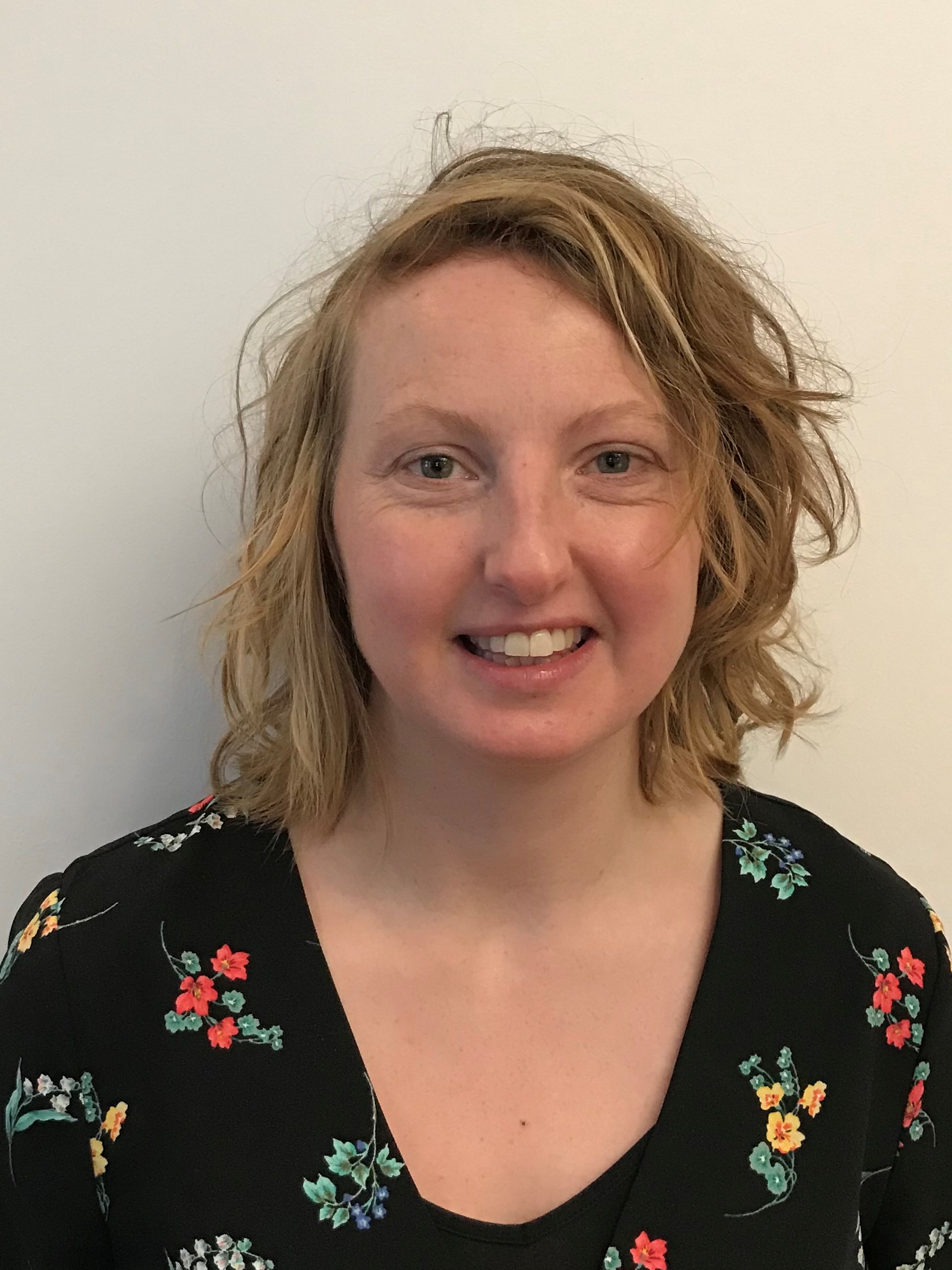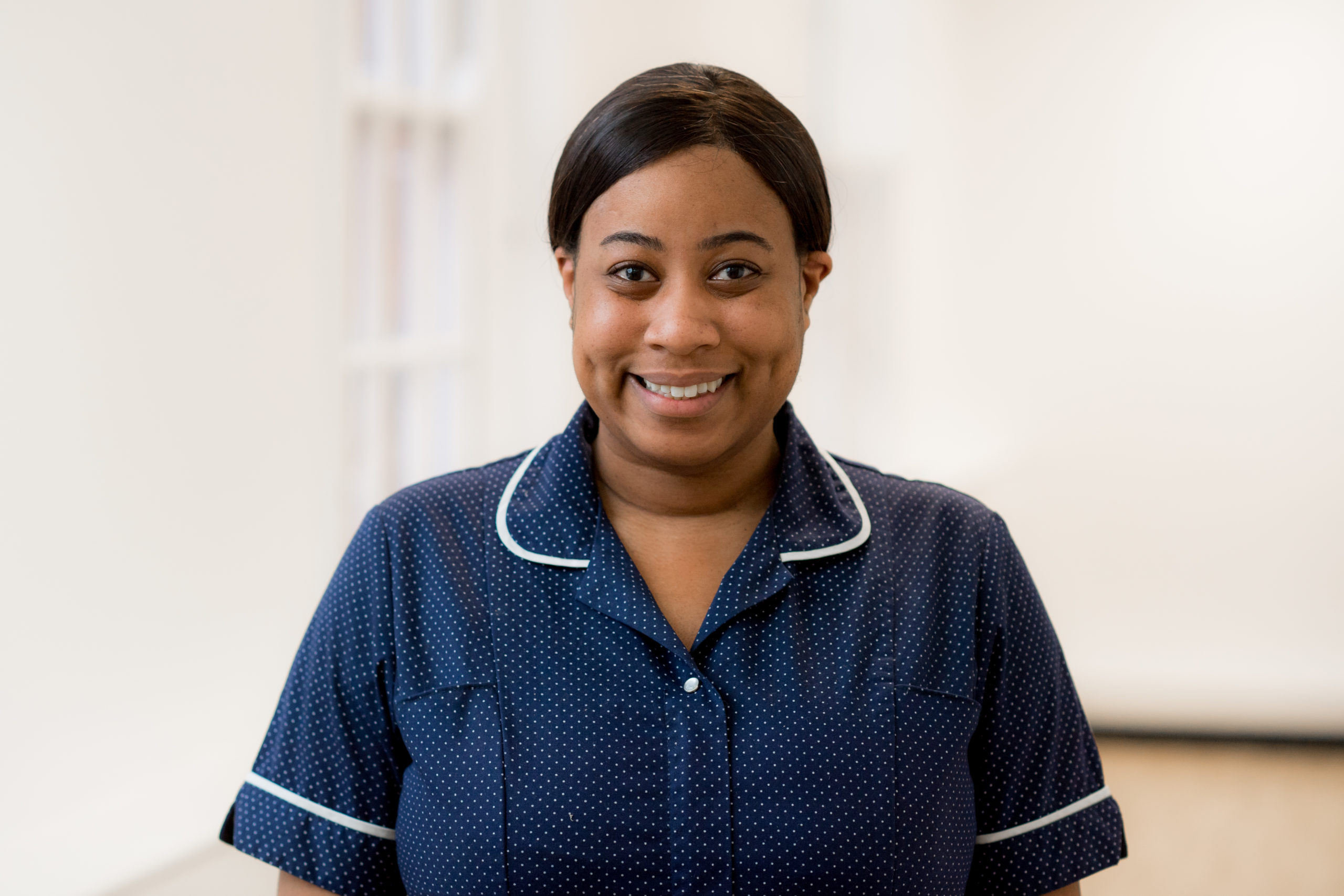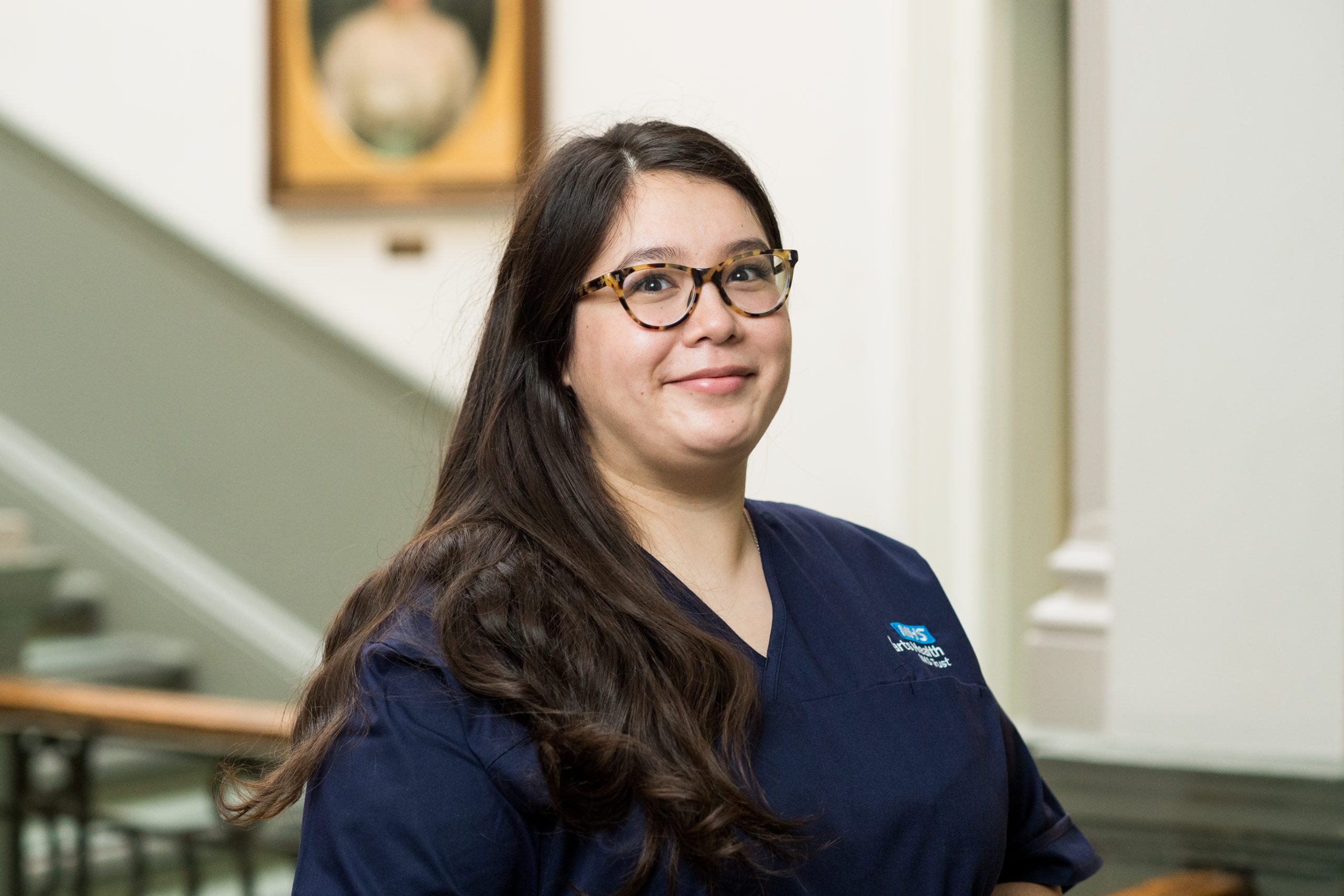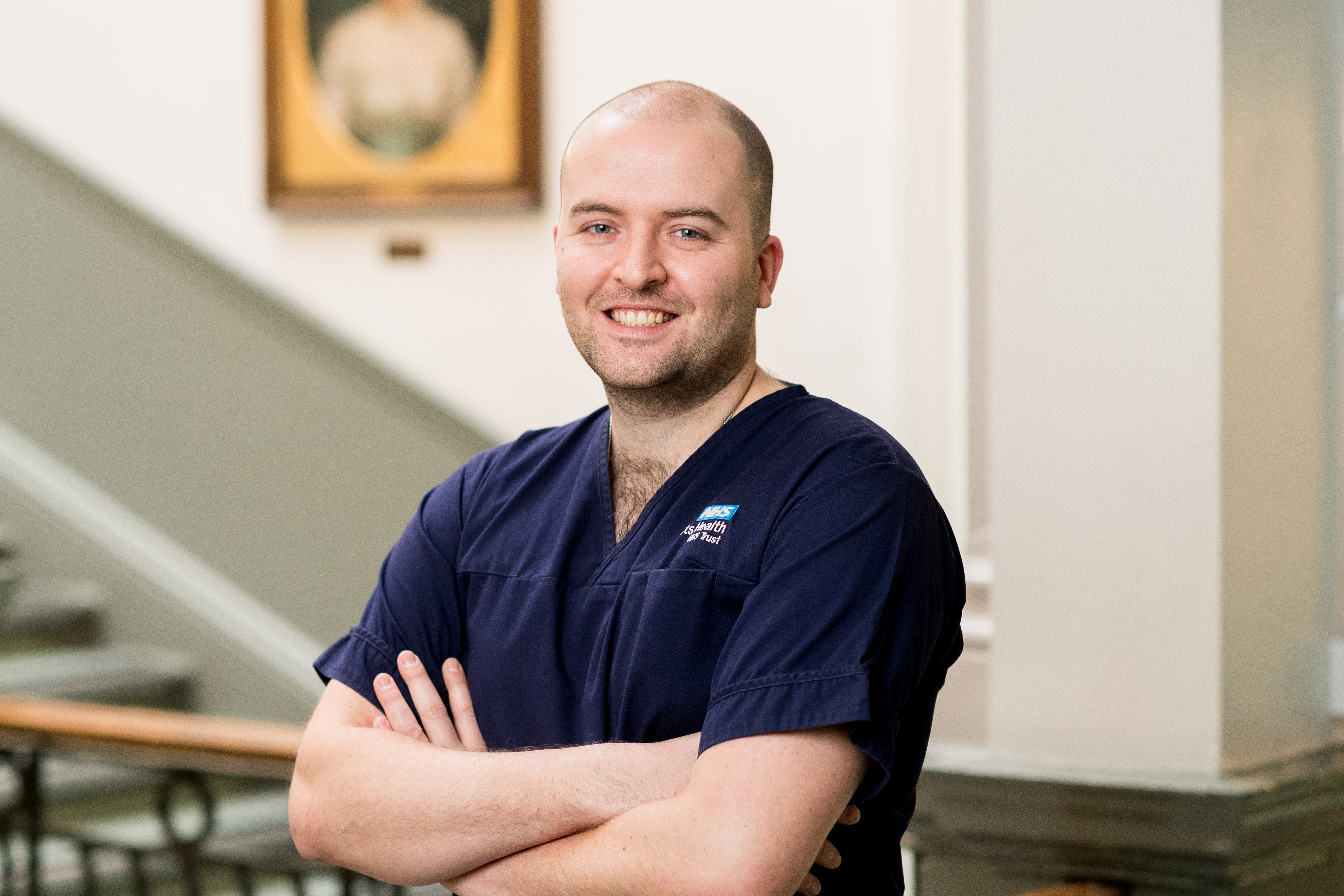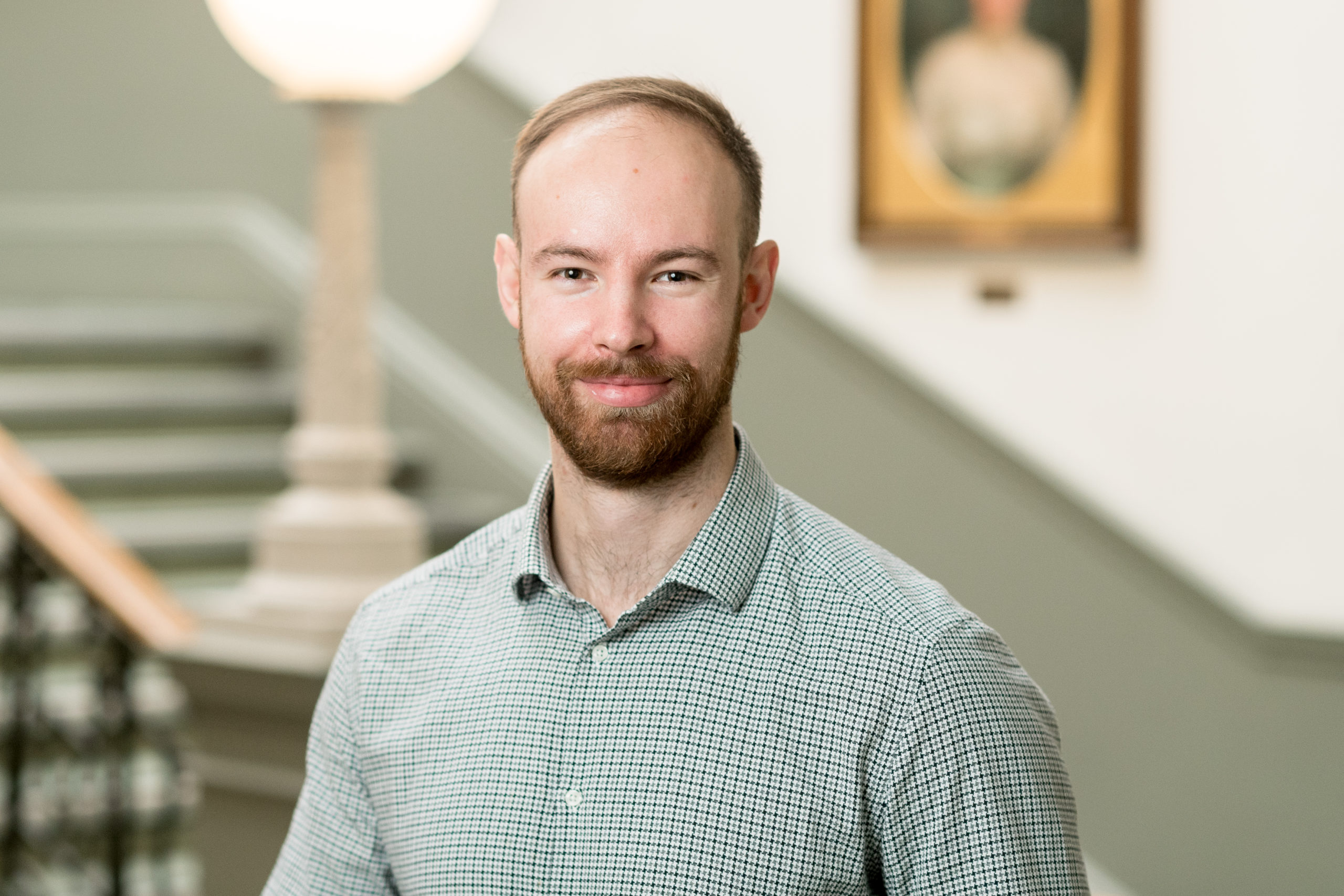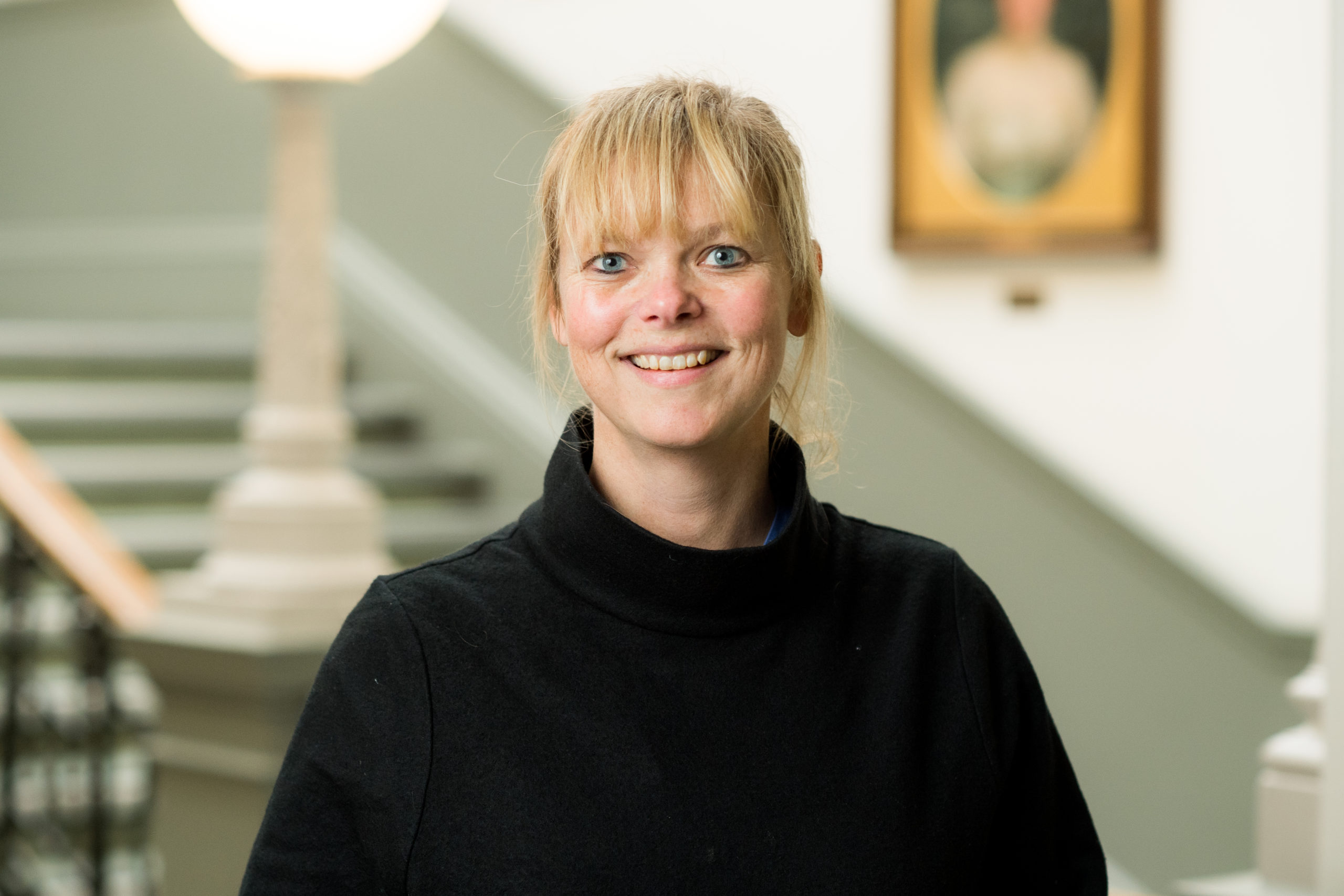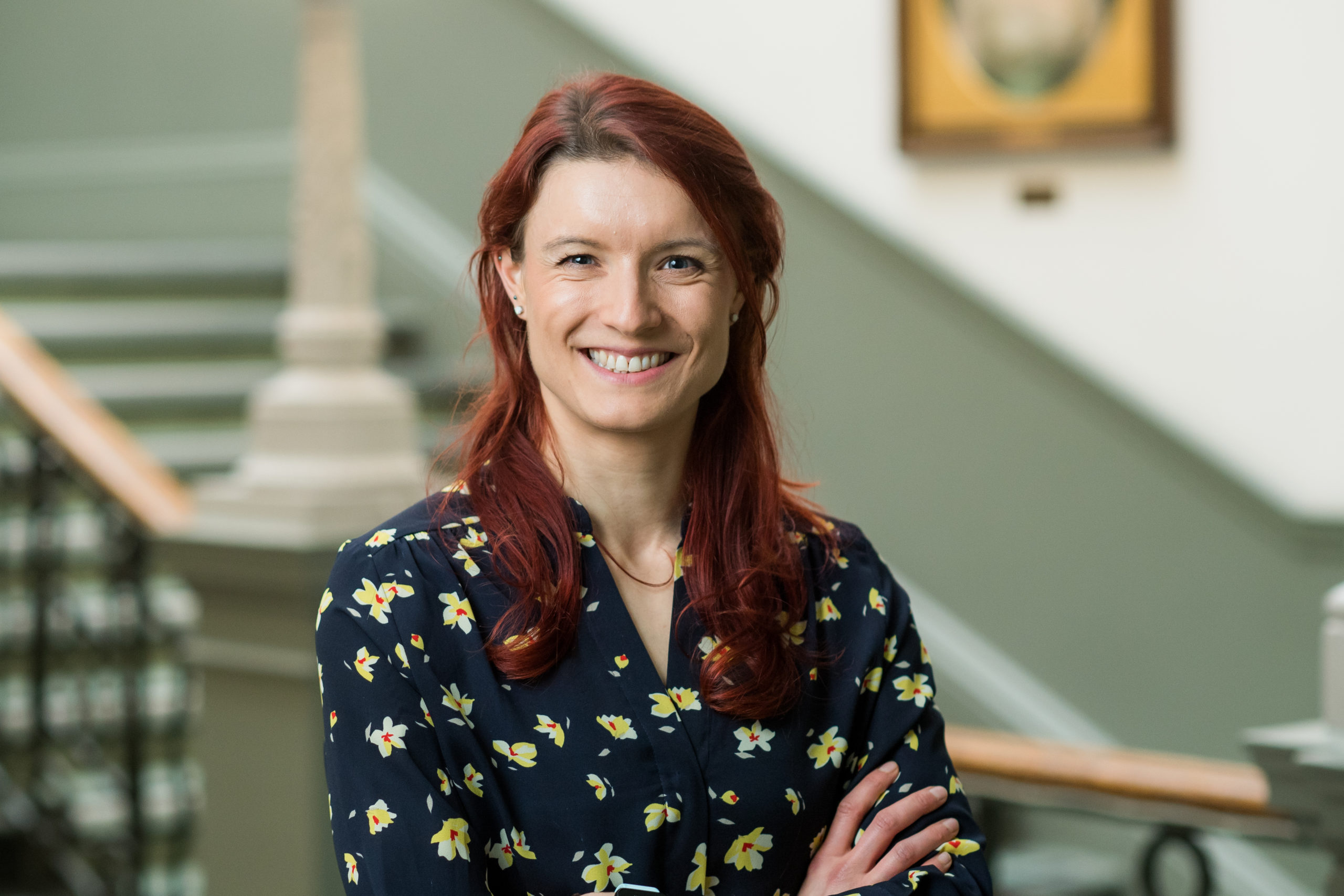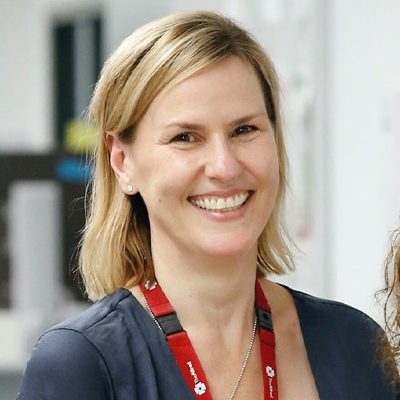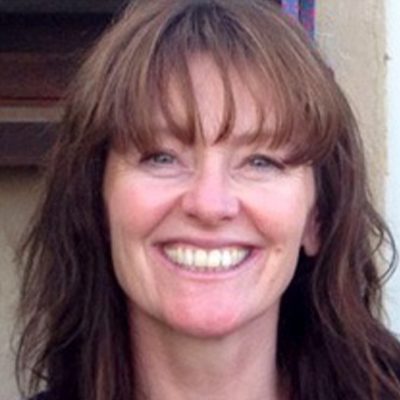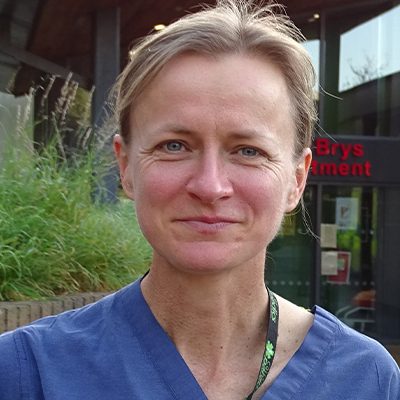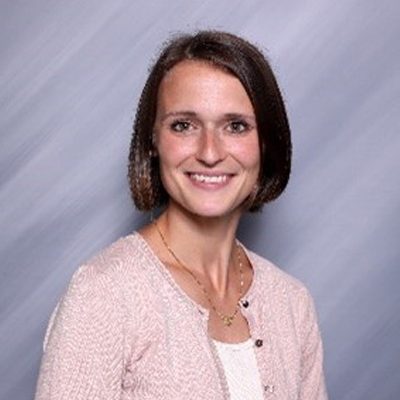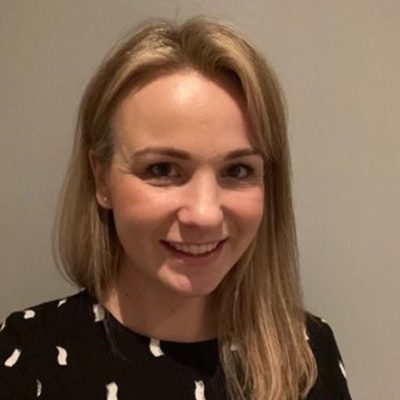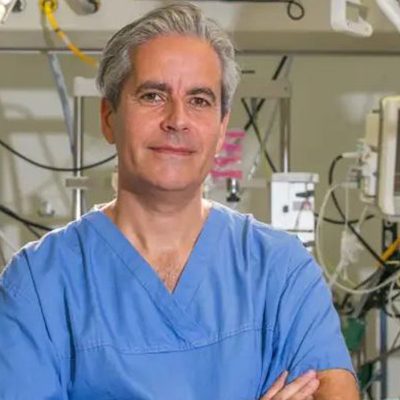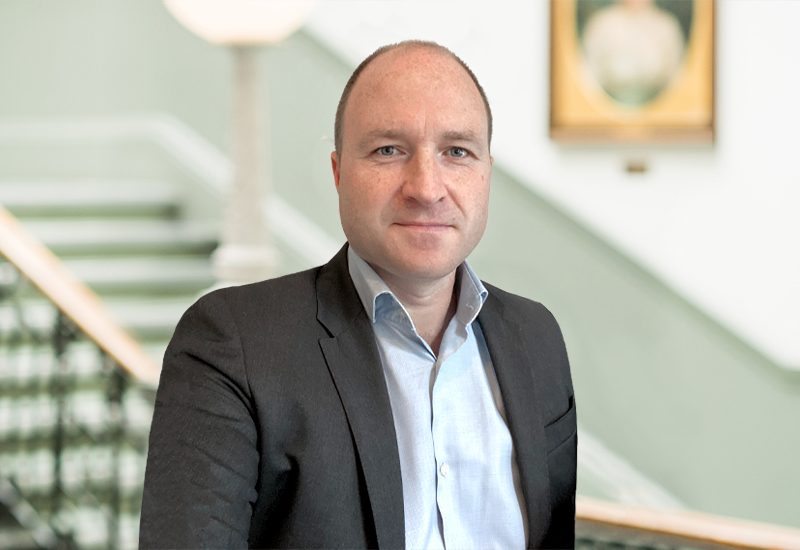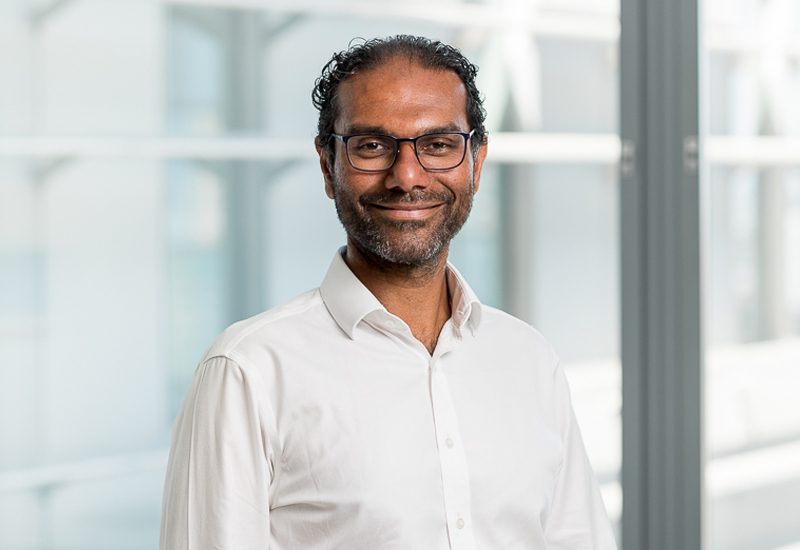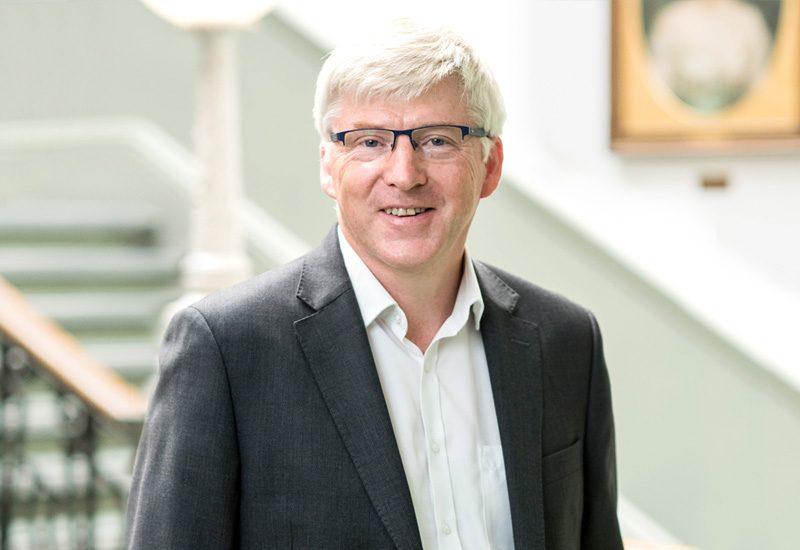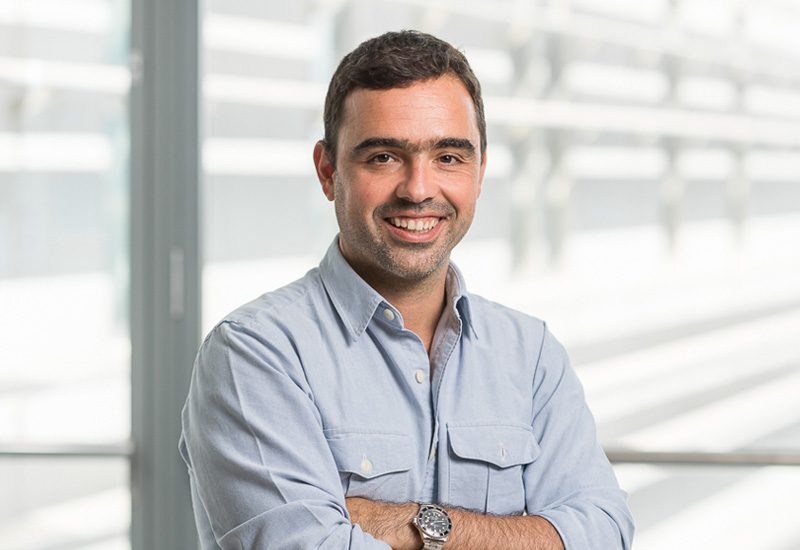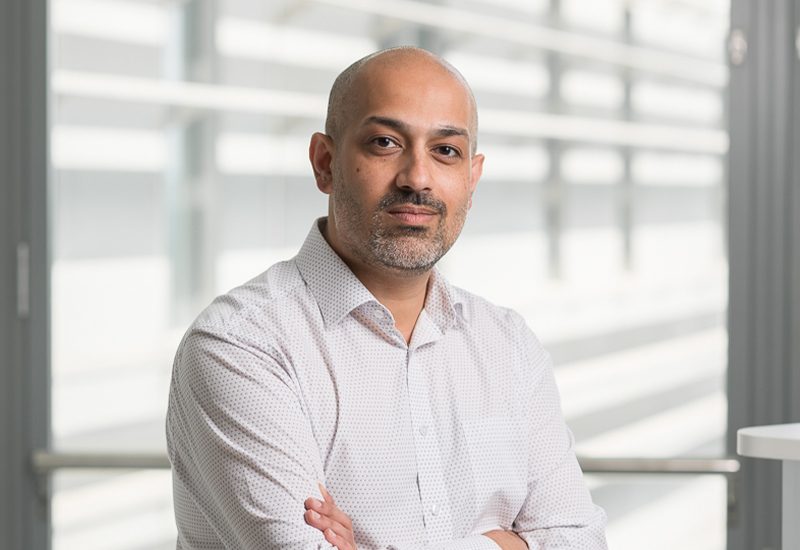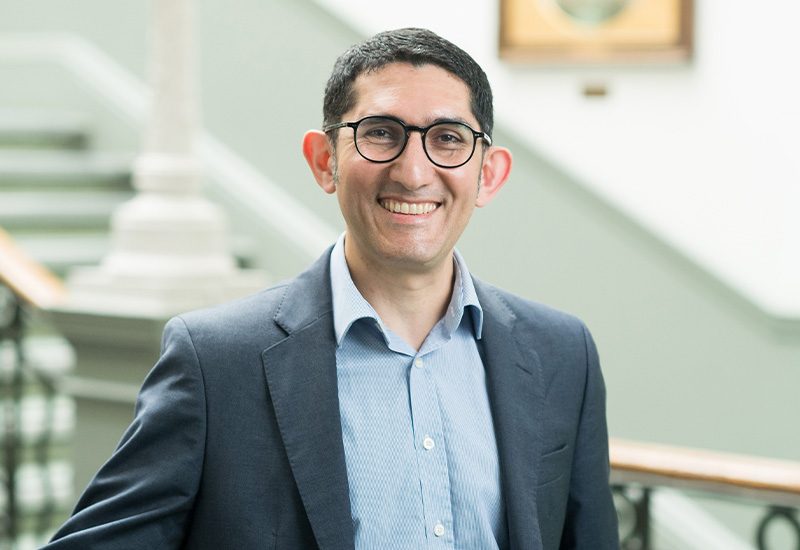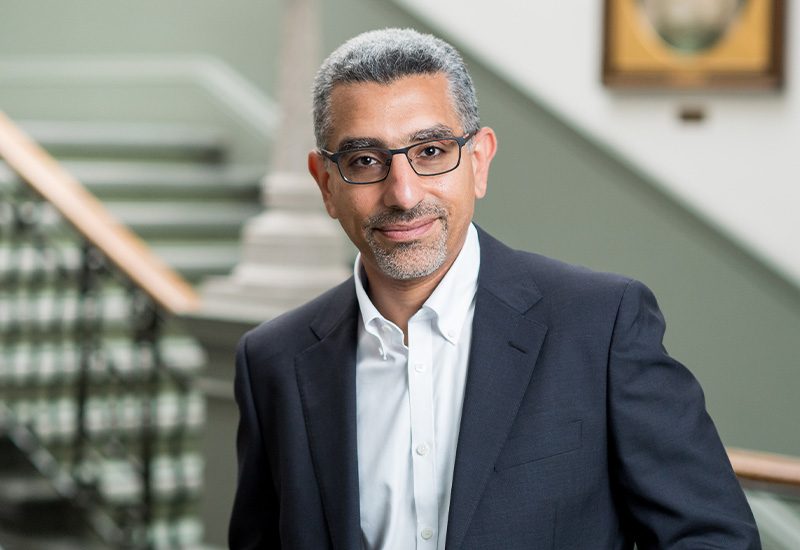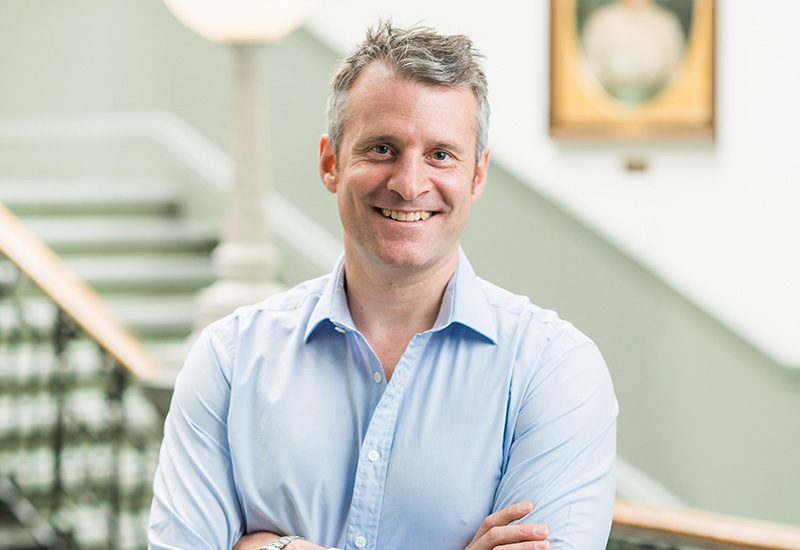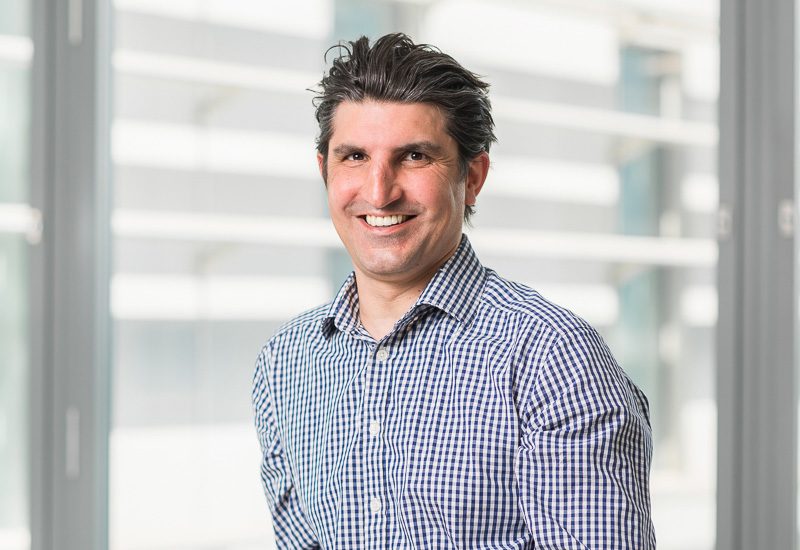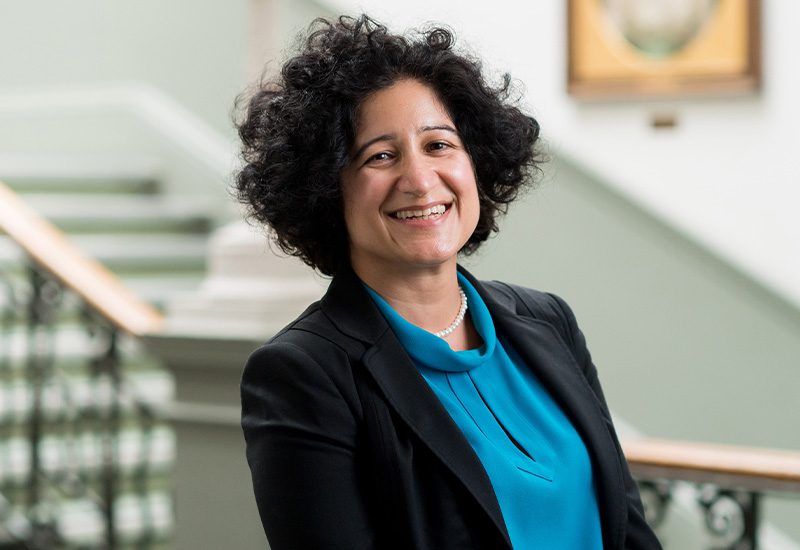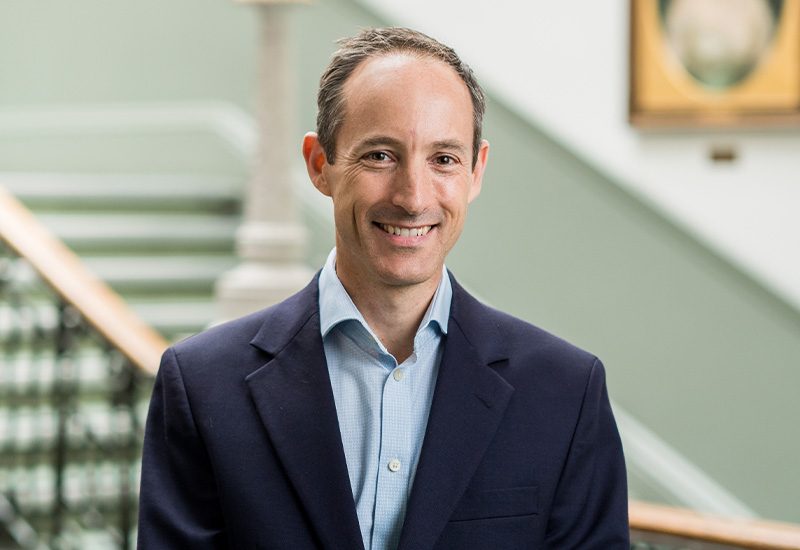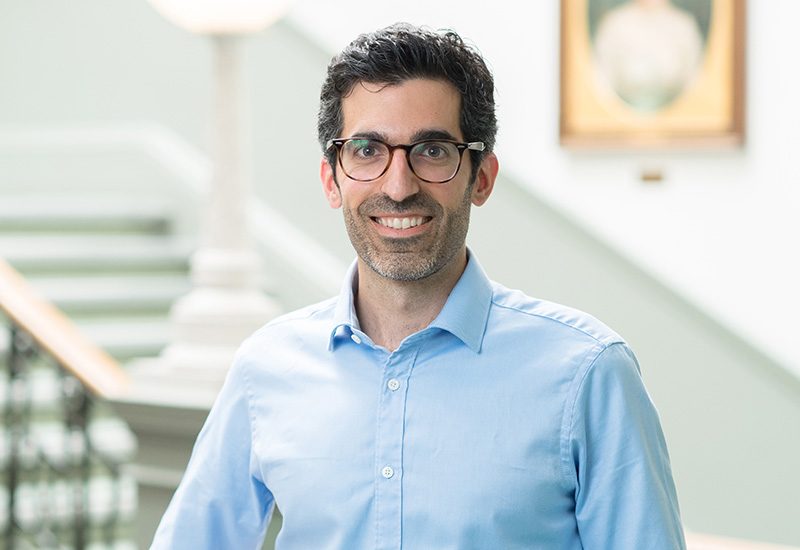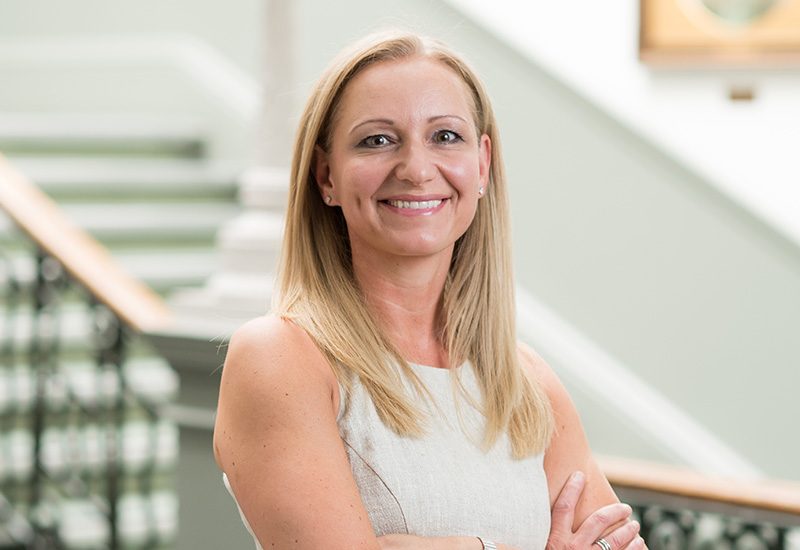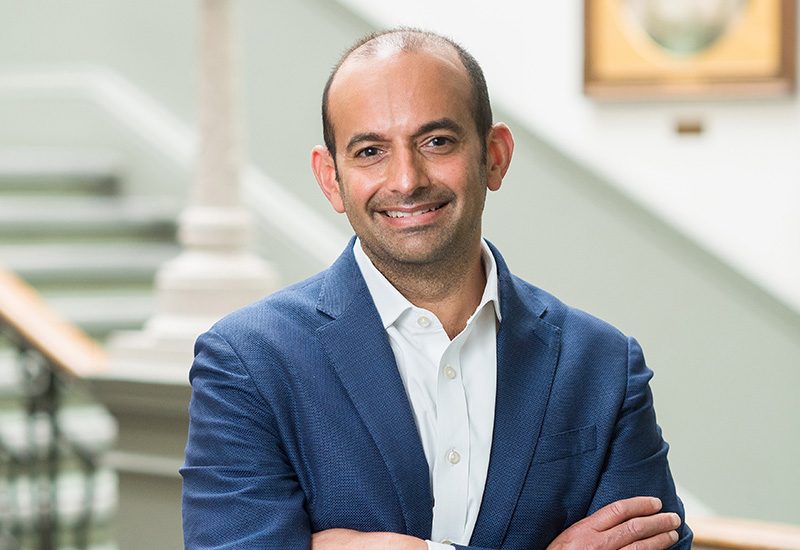Outdoor Mobility After Hip Fracture: A Feasibility Randomised Controlled Trial
Background
UK hospitals admit 70,000 older adults with hip fracture annually. Patients consider recovery as a return to prefracture activities often requiring outdoor mobility. Among 74% of patients with outdoor mobility prefracture, only 9% recovered this by 30-days post-fracture, increasing to 26% by 120-days post-fracture. Yet, research and clinical guidelines focus on acute rehabilitation after hip fracture with community rehabilitation limited to in-home self-care and mobility. This care gap is important as outdoor mobility is more physically, psychologically, and cognitively challenging than indoor mobility. Helping people get back to going outdoors could lower their chances of new illness, loneliness, or needing more support from friends and family.
Summary
We will investigate whether it is possible for the NHS to deliver an outdoor mobility intervention for older adults with hip fracture.
Sixty patient participants and 16 professional participants will be recruited. Patients aged 60 years or more, admitted to hospital from (and planned discharge to) home, who were able to go outdoors in the three months before their hip fracture, who have surgery to fix their hip fracture, and who are willing and able to provide consent can take part.
All participants will complete a series of questionnaires with a member of the research team. Once the questionnaires are completed, participants will be assigned (by chance) to one of two groups.
Both groups will receive usual care. Usual care includes early supported discharge with community rehabilitation for four to six weeks or, discharged home under GP care with referral to community services as needed. Outdoor mobility is not included in routine community rehabilitation.
Participants allocated to the intervention will also 1) receive a goal-orientated outdoor mobility programme with up to six therapist home visits and four telephone/MS TEAMS sessions to support; 2) support to engage with community activities and social enterprise groups; 3) feedback and motivation for unsupervised mobility training; and 4) access to a video of older adults sharing their recovery experience after hip fracture.
Aims & Objectives
The overarching aim of this programme of work is to determine the feasibility of a trial design which is aimed to assess the clinical- and cost-effectiveness of an intervention designed to enable recovery of outdoor mobility among adults after hip fracture. Several uncertainties will be addressed first through a non-commercial randomised feasibility trial.
The primary objective of this feasibility trial is to determine whether the intervention was delivered as intended considering the five domains of intervention fidelity (design, training, delivery, receipt, and enactment).
The secondary objectives include assessment of the:
- acceptability of the intervention to participants and therapists
- barriers and enablers to intervention delivery
- count of eligible, recruited and retained participants
- acceptability, completeness, and descriptive comparison of outcome (including economic) data collection
- count of inadvertent unblinding of outcome assessors
- count of adverse and serious adverse events
- indicative sample size for a definitive trial
Study Design
A multi-centre pragmatic parallel group (allocation ratio 1:1) randomised controlled assessor-blinded feasibility trial.
Both groups will receive usual care. In addition, the intervention group will receive a new outdoor mobility intervention. The intervention will start around 30 days after a participant returns home and end when their mobility end goal is achieved, six visits have occurred, or 12 weeks have passed – whichever comes first. We aim to follow up all participants at 12 weeks post- randomisation. We will also follow-up participants to 6-months post-randomisation if the timing of randomisation permits this follow-up within the trial data collection window (to assess feasibility of longer-term follow-up within the current funding timeframe and budget).
funded by

National Institute for Health and Care Research
Our Team
Prof. Katie Sheehan, Queen Mary University of London
Dr Emma Godfrey, King’s College London
Prof. Cath Sackley, King’s College London
Prof. Sallie Lamb, University of Exeter
Prof. Siobhan Creanor, University of Exeter
Prof. Claire Hulme, University of Exeter
Dr Philip Bell, PPI Representative
Prof. Finbarr Martin, King’s College London
Ms Denise Bastas, King’s College London
GET IN TOUCH
If you would like to find out more about opportunities to drive our research, please email us.
